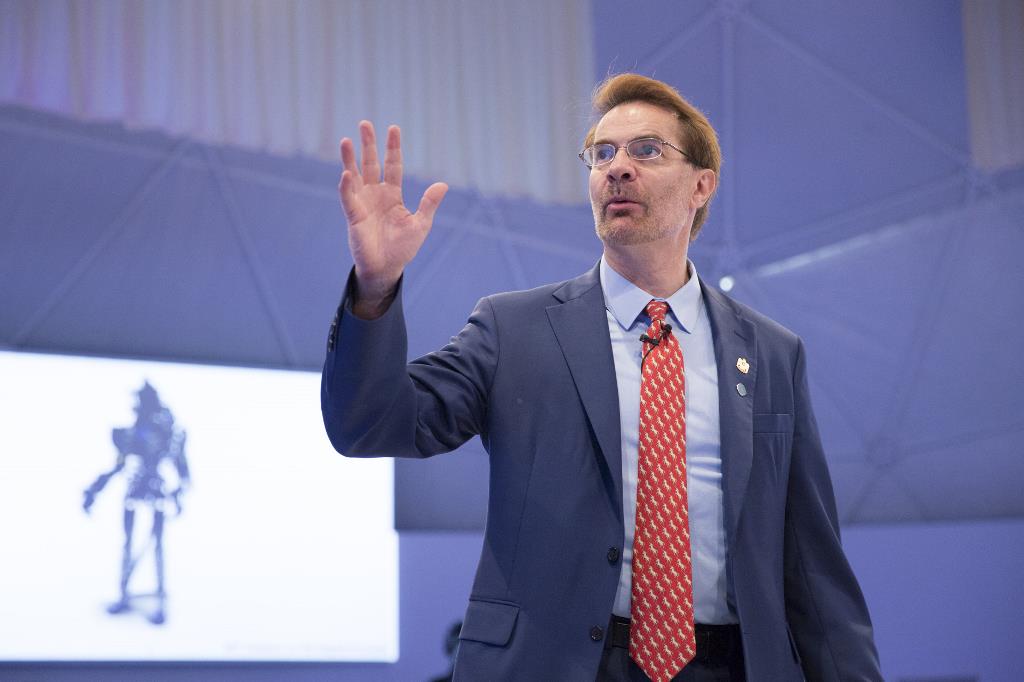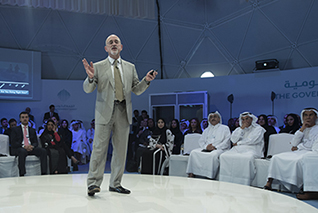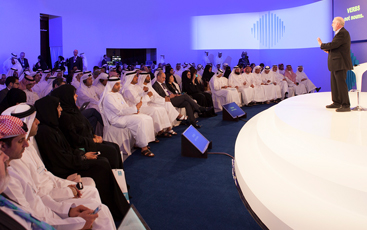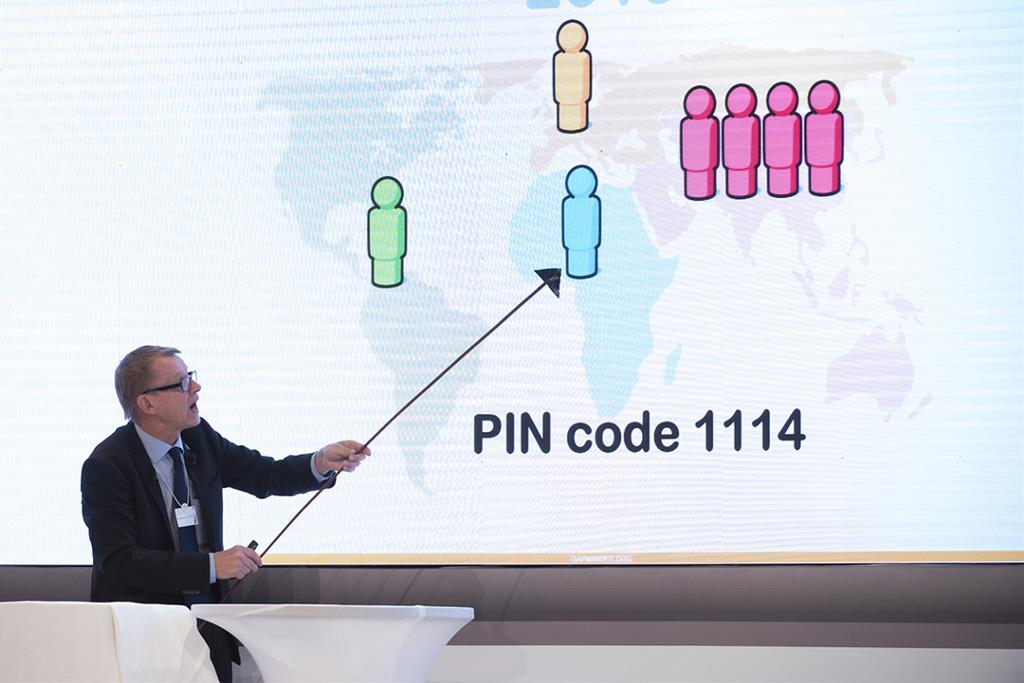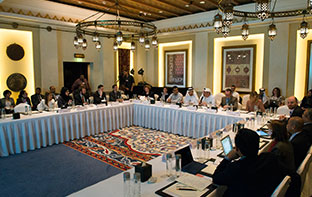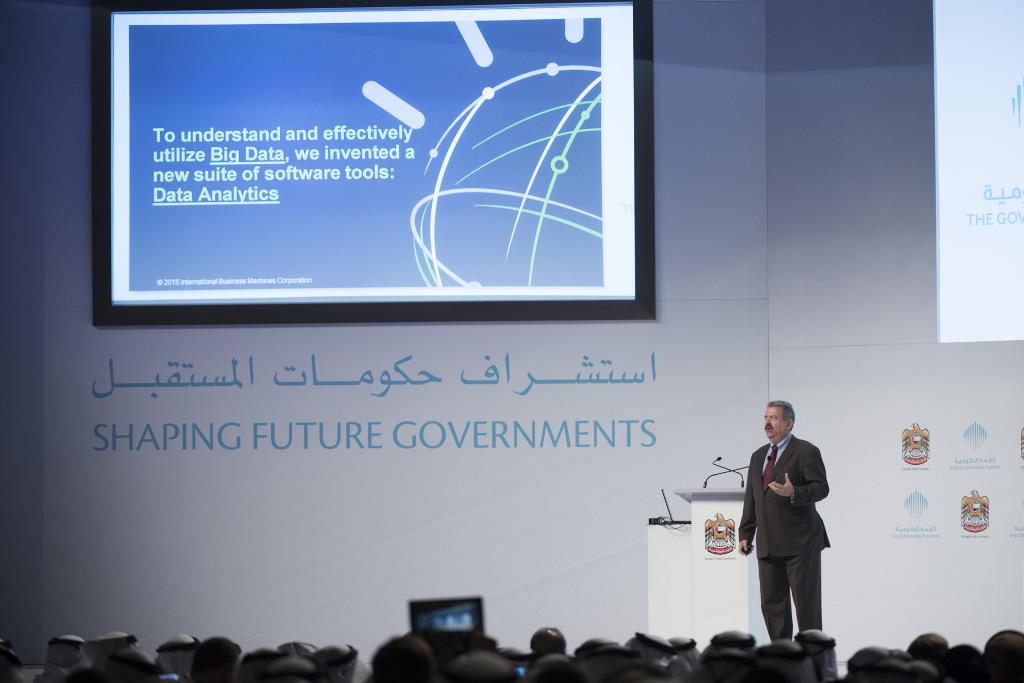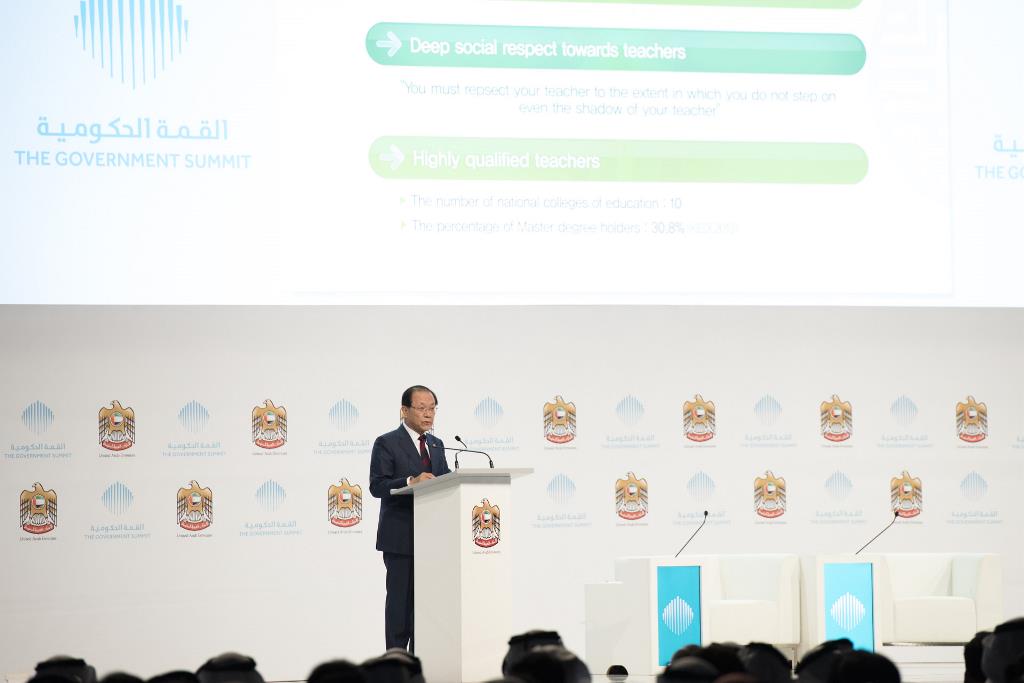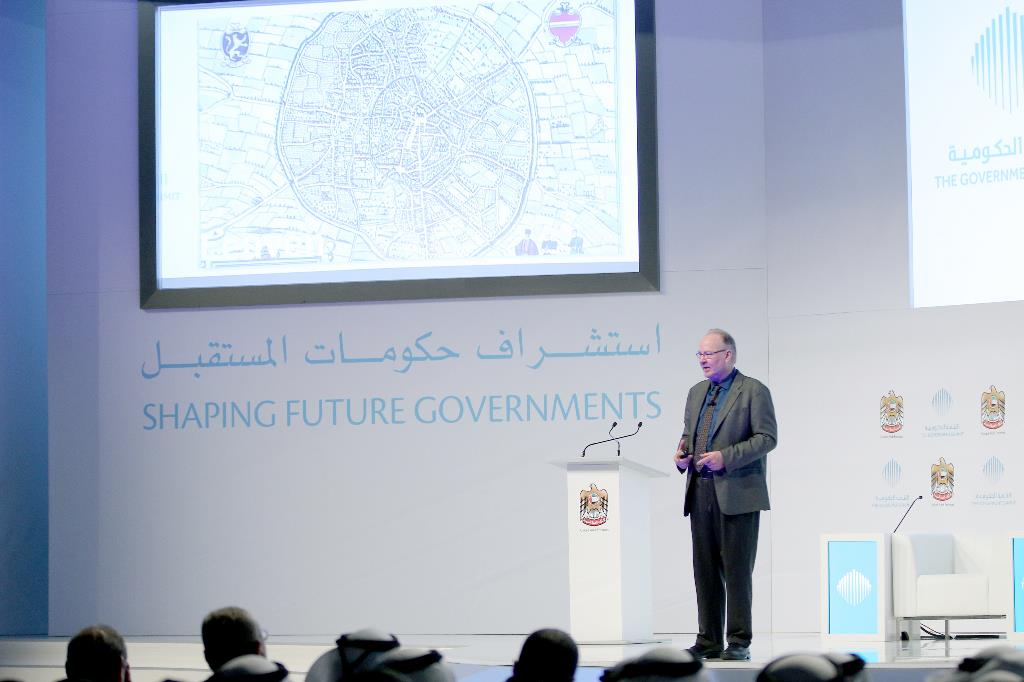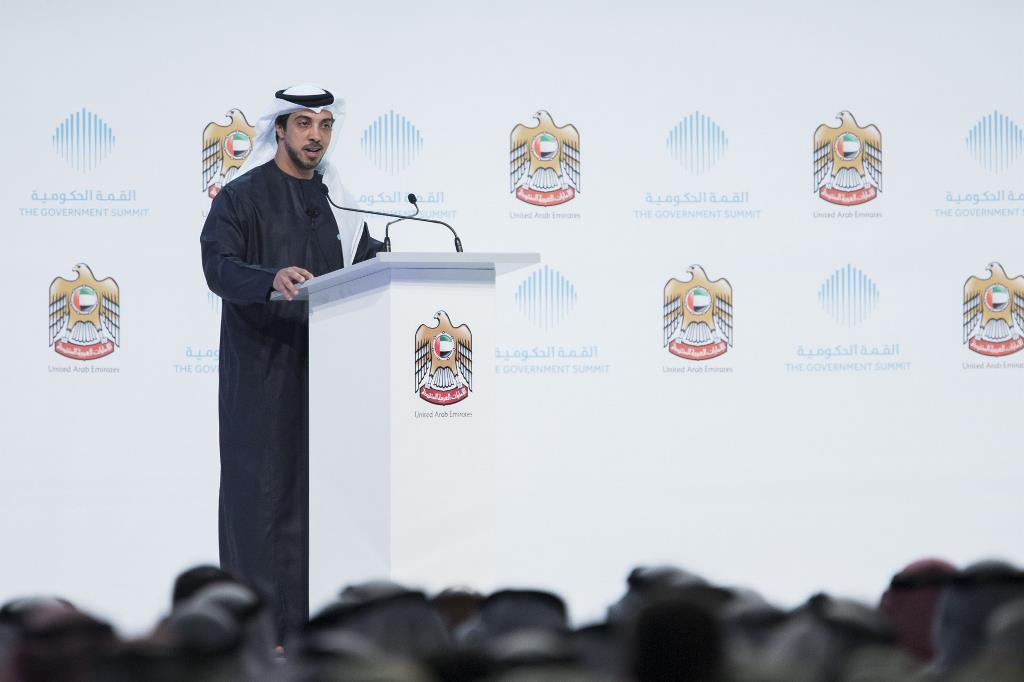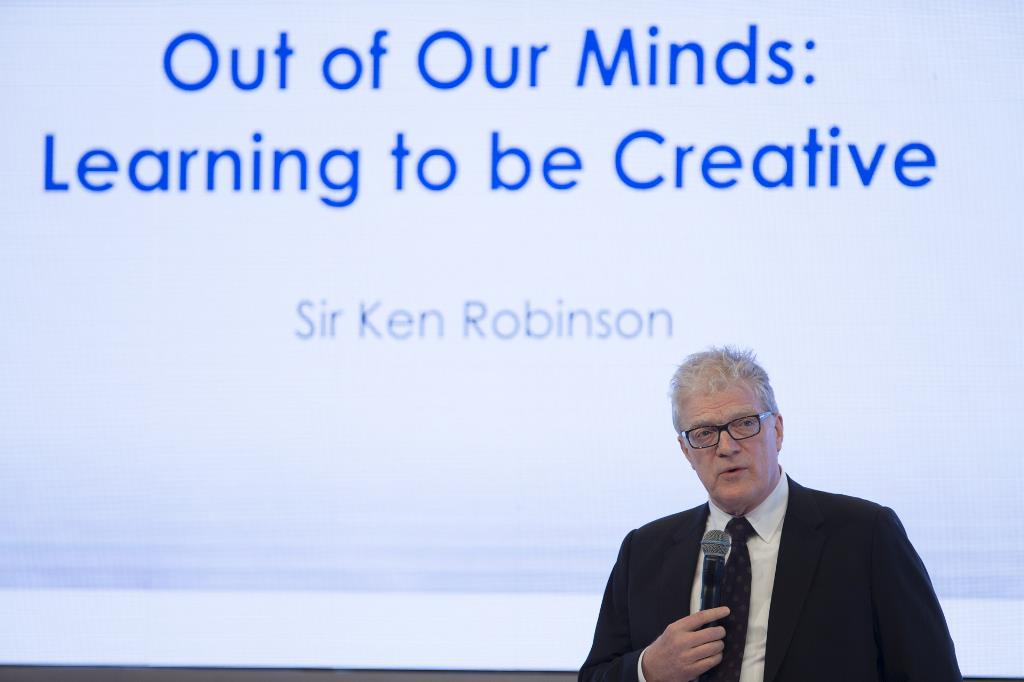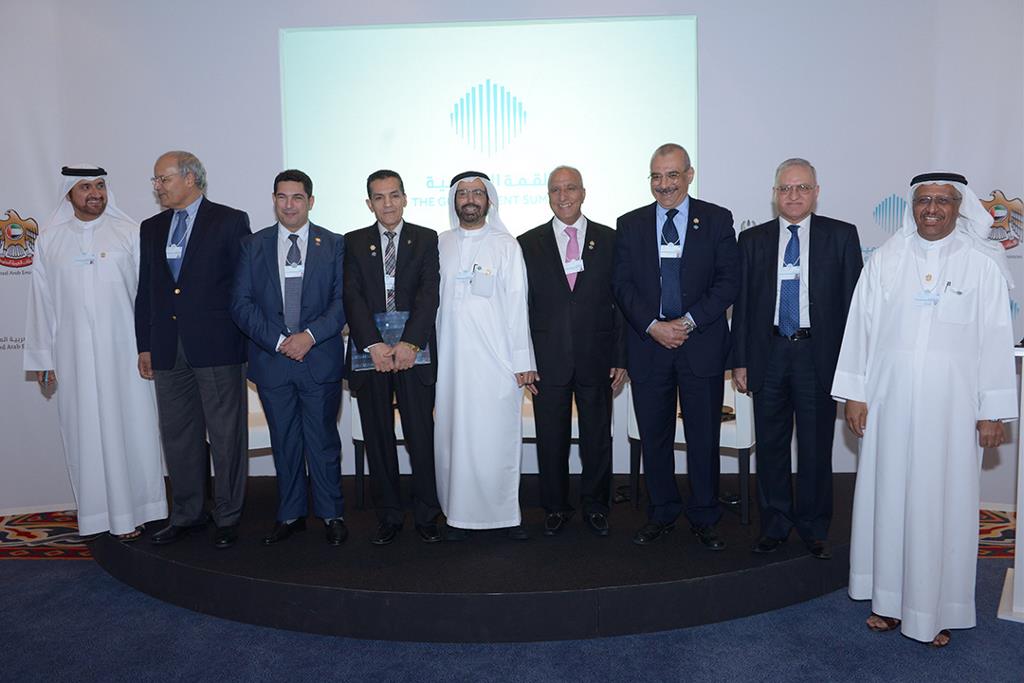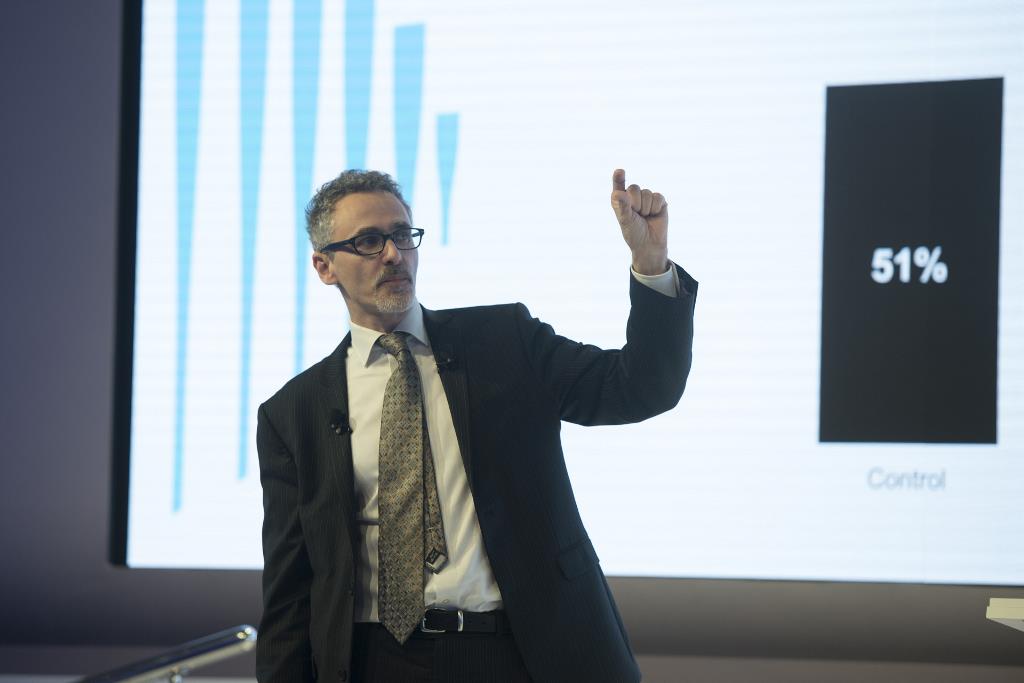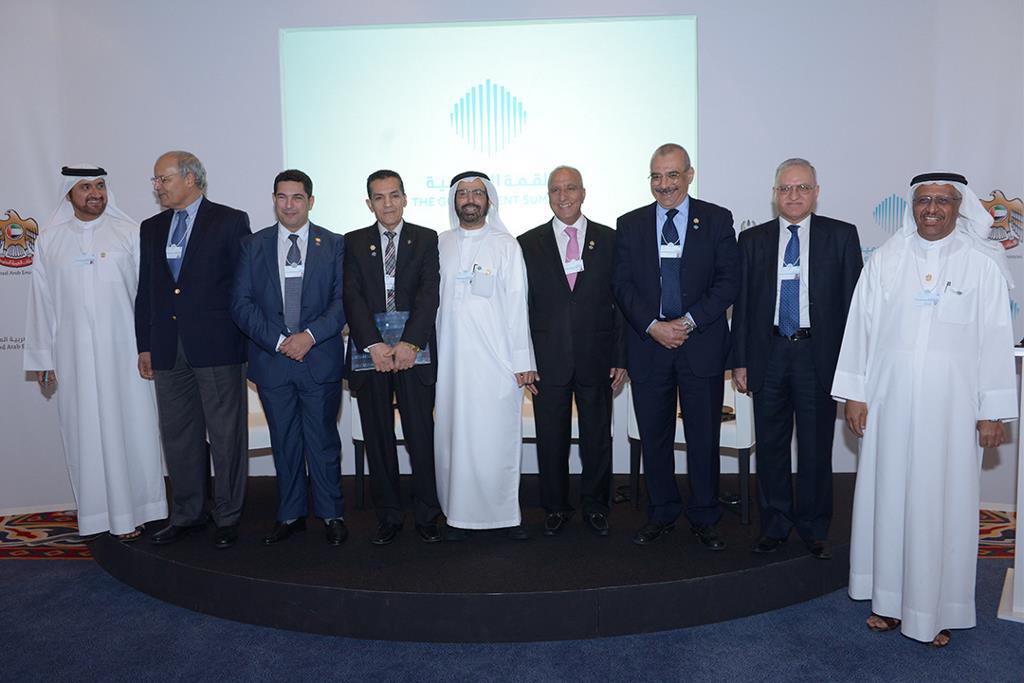How the Digital Revolution is Reshaping our Economy
In his address titled ‘How the Digital Revolution is Reshaping our Economy’, Brynjolfsson said: “The grand challenge going forward is to understand that digital technologies will continue to accelerate.
However, our skills, organizations and institutions are lagging. “The gap is growing larger. More and more people are being left behind. We need to reinvent our societies, governments and economies. Business as usual won’t solve this problem,” Brynjolfsson said, emphasizing that technology brings with it the power to change the world.
“Technology is creating tremendous wealth – we calculated that the value of the free goods available on the internet is $300 billion a year in the US,” he said.
However, while digital progress is creating more wealth, not everyone is benefiting. “It is possible for some people to be more wealthy and some less so. Economic theory says that it is possible for the median person to be made worse off. This is one of the challenges that governments have to face going forward. It happens because technology can be biased,” he said, listing the ways in which it favors some over others.
The digital economy has skill bias, capital bias and talent or superstar bias. Essentially, this means that while in earlier cycles of societal transformation – the one following the industrial revolution, for instance – everyone’s wages went up. Now, graduate wages have gone up but school dropouts have fared worse
Part of this is to do with economic policies and globalization. But the main reason is technology – because routine, repetitive jobs are being eliminated by technology, Brynjolfsson said.
As part of capital bias, when a company prospers, the share going to labor is comparatively smaller than the share going to profits.
Another type of bias that Brynjolfsson spoke about was talent or superstar bias. “People who have extraordinary talent or luck can now reach out to a global audience. It is the same in software,” he said, citing the example of a software called Turbo Tax, which helps people get their taxes done right, making its founder a billionaire
“Tax preparation is a series of steps. He took the process and codified and digitized it. Once you digitize it, you can replicate it. Each of these copies can be made for almost zero cost. It is a perfect replica of the original and each can be transmitted anywhere in the country or planet almost instantaneously,” Brynjolfsson said.
“Free, perfect and instant are the words for digital goods,” he said. “The first wave of digitization was information-based industries. The next wave was in retail and finance – transactional industries. The third wave is in manufacturing, military and agriculture. The fourth wave has not begun yet. It will be in medicine, law, education and government. Parts of the government are in the first, second and third waves as well.
“Domestic help, child care and elder care will see robots. Each of these waves is building on the previous one. Almost every industry will be affected. This has profound implications on government policy
However, inequality is not inevitable, Brynjolfsson said, provided we use technology as a tool for change. “It is not about what is happening to us but what we choose to do. We are the people who choose what will happen with our society. There is no technological inevitability or inevitability of poverty or inevitability of machines taking over. We have more powerful tools. We can step up and transform the world,” he concluded.

